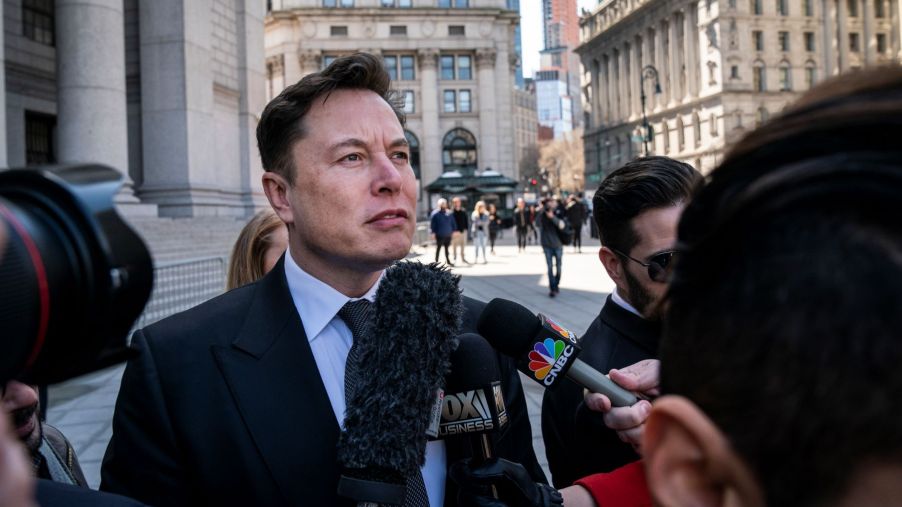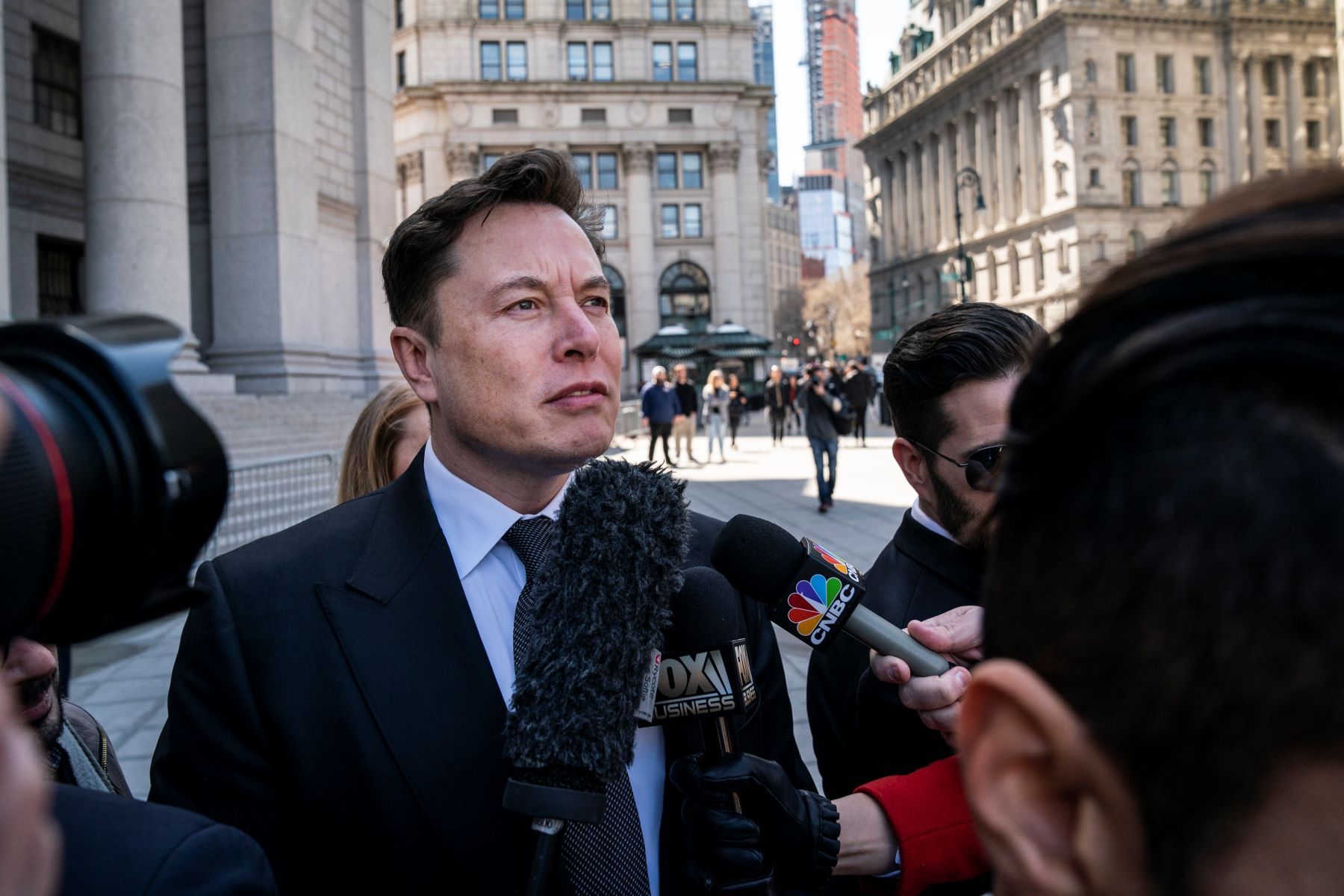
Did Elon Musk Illegally Sell Stock Right Before Tesla Recall News Broke?
Elon Musk is one of the most controversial entrepreneurs today, always making the headlines for new and exciting reasons. According to financial reports, ending a stock selling spree that began in early November, the Tesla and SpaceX CEO sold additional shares worth over $1 billion on Dec. 28, 2021. Two days later, Tesla announced a recall of nearly 500,000 cars, begging the question if this was a planned (and illegal) move by Musk and Tesla to get rid of stock before it fell in value after the recall announcement.
What Tesla models were affected in the recall?

Soon after Musk announced the end of his stock sales, Tesla announced that it would recall over 475,000 vehicles after the U.S. safety regulatory cited safety issues with the cars.
A report on BBC indicated that the American EV automaker announced that it would recall 356,309 Tesla Model 3s rolled out between the 2017 and 2020 model years because of potential issues with the rear-view camera. The recall also included 119,009 2014 to 2021 model year Model S cars that had problems with the secondary latch on the front or back trunk.
About 1% of the recalled Model 3s had a problem with the rear-view camera. Commenting on the issue, Tesla said that the continued opening and closing of the boot lid could potentially cause a breakage of the cable that offers feeds from the rear camera to the display, increasing the risk of collision.
With the Model S, the electric carmaker noted that an issue with the secondary latch on the front trunk could cause it to open abruptly, blocking the driver’s vision of the road. About 14% of the recalled Model S’s have the problem. Furthermore, Tesla claims that it hasn’t had any cases of crashes, injuries, or fatalities related to the defects.
The timing of Elon Musk’s stock sales is suspcious
Late Tuesday, Dec. 28, 2021, financial filings revealed that Elon Musk sold an additional 939,090 of his Tesla shares worth approximately $1.02 billion. CNBC reported that Musk also purchased 1.6 million shares in his company for $6.24 per share, taking his Tesla holdings from 170.5 to 177 million shares.
Before this move, Elon Musk took to the foreign exchange (forex) trade market on Nov. 8, 2021, as a means of meeting his tax bills totaling over $11 billion. Although he asked his Twitter followers for advice on whether or not he should sell his shares, it was later revealed that they would be expiring, so he would be obligated to sell them either way or end up with a substantial net loss.
Therefore, Elon Musk likely would’ve had to sell his shares regardless of the recall. Additionally, the news of his intention to sell the stock was made public over a month before all transactions were completed. However, many are wondering about the timing of the recall announcement concerning Musk’s stock sales. Did the company delay the recall announcement affecting thousands of Tesla models until after Musk completed selling his shares, preventing them from dropping in value?
The aftermath of Elon Musk selling $1 billion Tesla shares
After exercising his stock options late last year, Elon Musk completed the sale of his restricted securities. That resulted in a significant dive in the price per share of Tesla holdings. Since he began the deal in November, the CEO has sold a total of $16.4 billion worth of stocks.
As highlighted on Reuters, Musk had a prearranged plan to make sales on his stock options expected to expire this year, and the Dec. 28, 2021 sale marked the final sale. Immediately afterward, the price per share of Tesla stocks plummeted by almost a quarter but fluctuated back after he announced he was done selling.
Two days later, when the Tesla recall news was made public, Tesla’s stock fell over the next few days before slowly rebounding. Many experts, like Vijay Rakesh on CNBC, don’t expect the recall news to dramatically affect Tesla’s market value and image moving forward.


